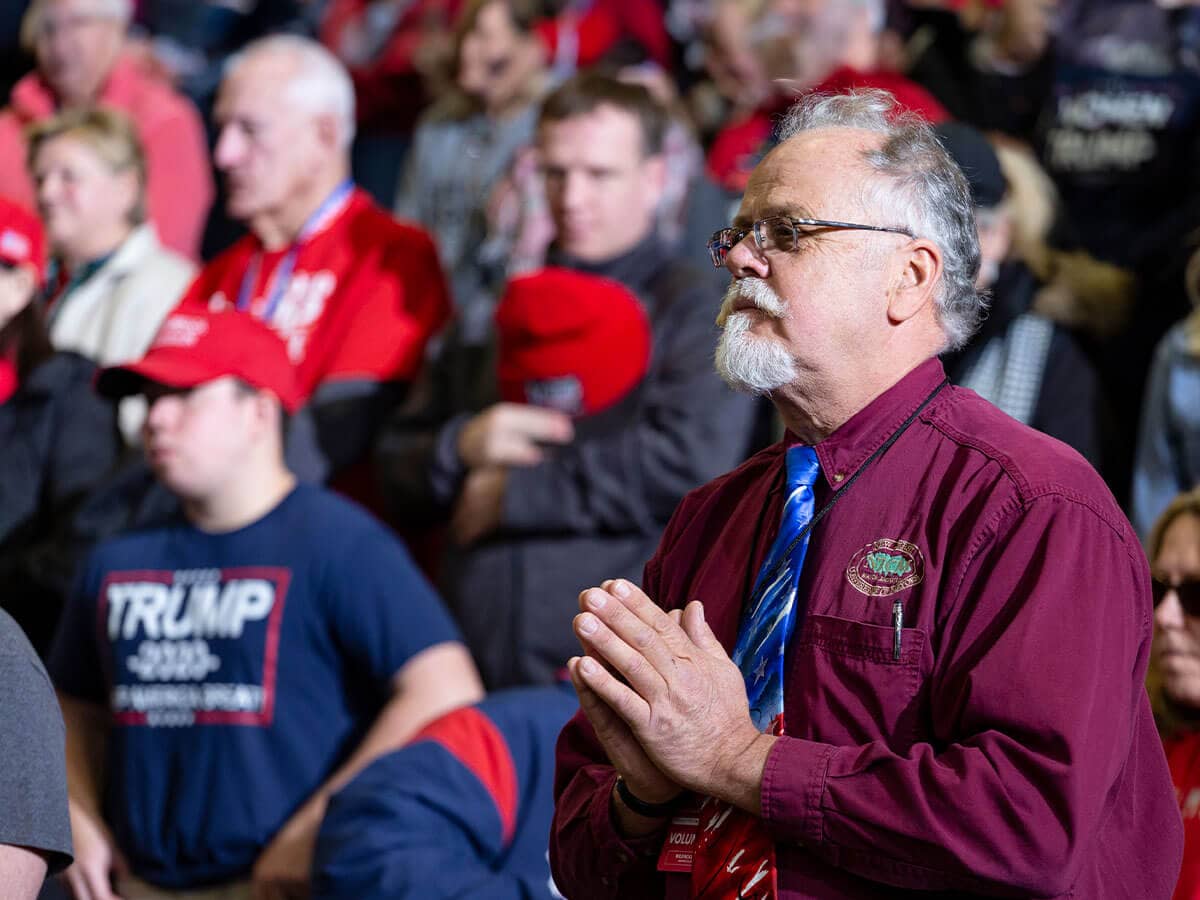Rabbi Leon Klenicki, who was present at the first night of this season's performances, said, ``It gave me the chills.''
Even after years of serious attempts to revise the world's most famous passion play to remove anti-Jewish passages, the play remains difficult for Jews.
The play has been performed roughly every 10 years since 1634, in fulfillment of a vow made by the villagers when they were saved from the plague.
In the town of about 5,300, almost 2,000 residents take to the stage for each performance. Actors must either have been born in Oberammergau or have lived there at least 20 years.
For the last 30 years, Jews, mainly from the United States, have been pushing for change.
For this year's performance, the director, Otto Huber, invited Jewish critics to discuss possible changes ahead of the production and made many changes in the script to remove its traditional anti-Jewish references.
In the past, Jews wore horned costumes, the end of Judaism was prophesied as a punishment for the denial of Jesus, and Judas was portrayed as the devil incarnate.
Among the Jewish leaders consulted was Rabbi Klenicki, director of interfaith affairs for the Anti-Defamation League. When he read the new script, he appreciated the writers' efforts to make changes.
But then he saw the play.
In the scene where ``the Jews'' call for Jesus's crucifixion, the script called for a group of actors to counter the shouts with a cry not to crucify Jesus, in order to make it clear that not all Jews were against him.
``But they were completely overwhelmed,'' Rabbi Klenicki told Catholic
News Service
Not all those who viewed the show took such a critical line. German Rabbi Henry Brandt admits, ``It's a Christian play for Christians and is effective as such.''
He said he, too, felt uneasy at the crowd scene, but he emphasized the big efforts made to put Jesus in a Jewish context: He's called ``Rabbi'' by his followers and makes a blessing in Hebrew over wine at the Last Supper, which is clearly modeled on the Jewish Seder meal for the eve of Passover.
Rabbi Brandt said that in spite of the improvements in the script, he agreed that the visual experience has a different impact.
For example, the political power in first-century Jerusalem seems to lie with the high priest: ``The temple guard is more powerful and better equipped than the Romans,'' said Rabbi Brandt, adding that does not reflect the reality of the political conditions of the time.
However, he added, ``They're on the right path.''
Toby Axelrod, assistant director of the American Jewish Committee's office in Berlin, said she saw this year's production in terms of the efforts of young Germans to come to terms with their past.
Huber, the 53-year-old director, and his colleagues were born after the Nazi period and do not ignore that Hitler, who visited the play in 1934, considered it a valuable weapon in his campaign against the Jews.
``The play,'' said Axelrod, ``is like a flawed but loved member of the family.'' It had to be changed, but changes had to find acceptance in the village and be true to the sense of the villagers of what the play was about.
Father John Pawlikowski of the Catholic Theologial Union in Chicago was not at a performance, but he was one of a team of eight rabbis and Christian theologians asked by the American Jewish Committee to examine an English translation of the revised script. He remains strongly critical: The strongest identifiably Jewish figures are clearly evil, he said.
Father Pawlikowski said the Oberammergau passion plays are marketed throughout the world, and that some 350,000 of the 500,000 people who will see them this year come from the United States.
``The American bishops' conference has issued guidelines for passion plays, and Oberammergau would not fulfill those guidelines,'' the priest said. ``If they want to market it internationally, they should meet international standards.''
Rabbi Brandt does not agree and is not the only German Jewish observer to resent American interference.
``The play is a German play in a Bavarian mountain village to which Americans are welcome. I know what is possible, and in the realm of the possible a lot has been done,'' he said.
Proposals have been made as to how the play could be improved further.
Three U.S. professors -- Leonard Swidler, Ingrid Shafer and Racelle Weiman -- who came to the first night recommended that the responsibility and power of the Romans be emphasized further, and that there be more similarities in costuming between Jesus' followers and other Jews. They also recommended a Jewish adviser should be available to consult on the staging and costuming, not just on the text.
Axelrod said she feels that, whatever is done, it should be part of a process of developing awareness of the issues among the population as a whole. The anti-Judaism in the play, she said, is part of a tradition that includes the 11th-century Crusades and the deadly 14th-century campaigns against the Jews during the Black Death, as well as the Nazi period.
She also said she was disappointed that local people among the shopkeepers and souvenir-sellers she asked were not aware of the controversy over the anti-Jewish elements in the play out of which they make their living.
END

